Lists


2 Books
Read before I'm dead
Sort by:
Recent Desc
More lists by Caleb Hill
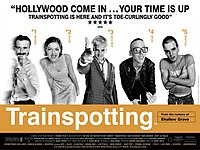


Well, guess I have to watch this now
Movies that caught my attention because of their synopsis, trailer, recommendation, etc. and now I must watch them
July 2020
0
@simplycabe

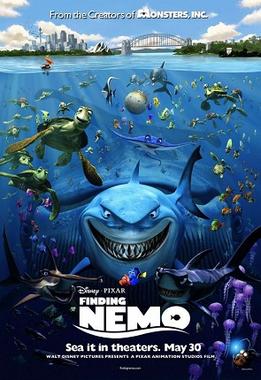

Big Aneemay Eyes
My favorite animation movies
July 2020
0
@simplycabe

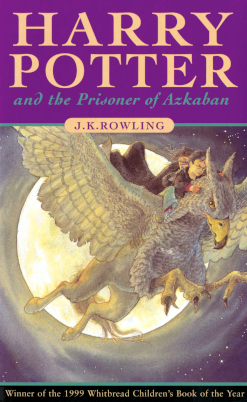

A Read to Remember
My favorite books
July 2020
0
@simplycabe
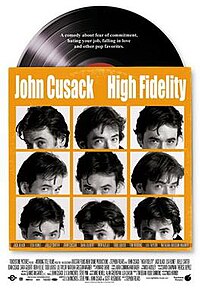
Fanfuckintastic
Favorite movies and TV shows
July 2020
0
@simplycabe

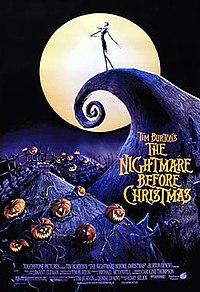

The Mation of Clay
Favorite clay-mation/stop-motion movies
July 2020
0
@simplycabe



Love, Loss, Friendship, Misery
List includes: 500 Days of Summer, Juno, Nick and Norah's Infinite Playlist
July 2020
0
@simplycabe

Cerebral or whatever
List includes: la planète sauvage
July 2020
0
@simplycabe